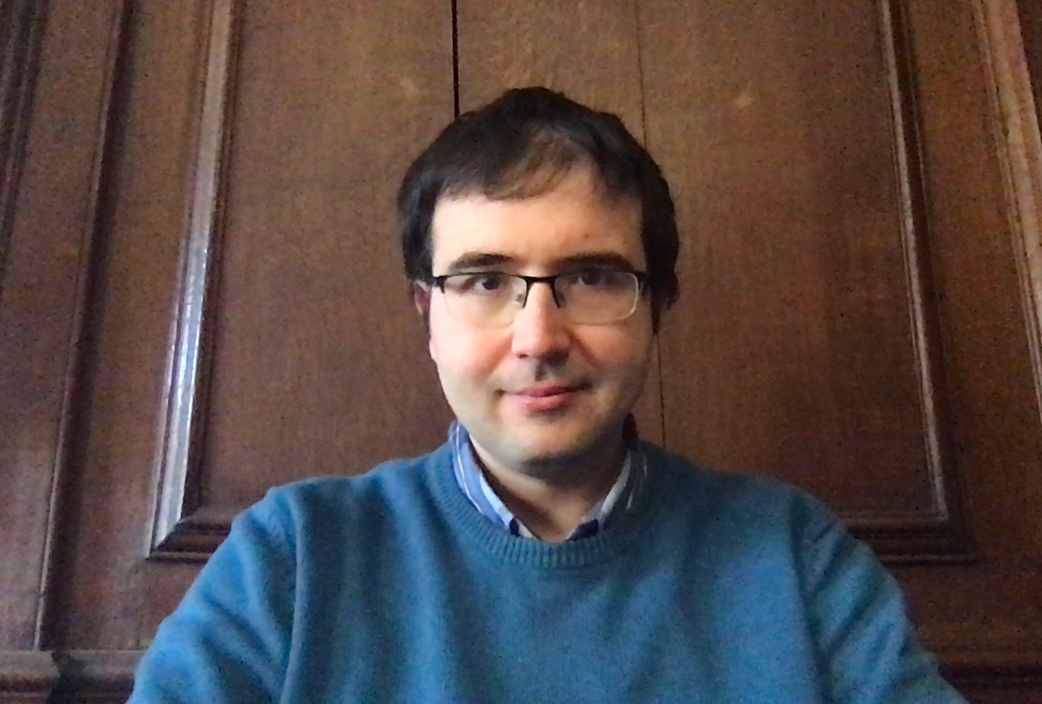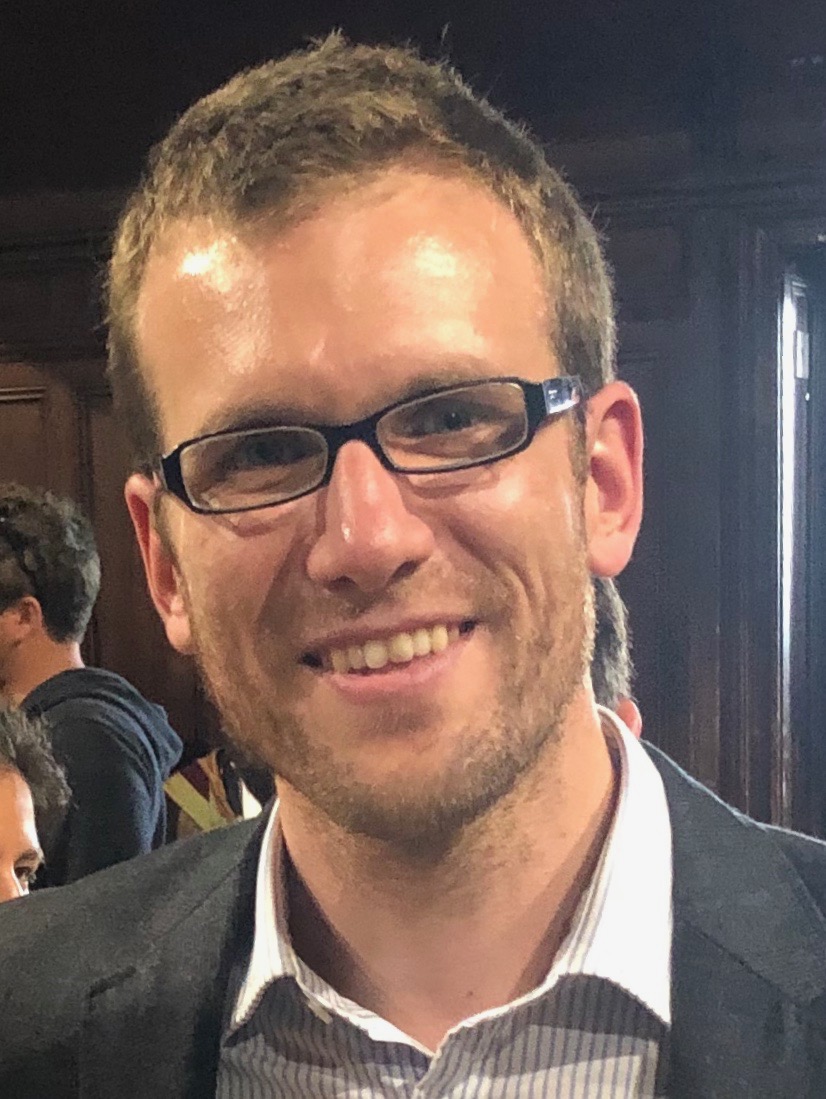Top maths prize is out of this world
“I feel inspired to work even harder to discover new horizons in mathematics”
A prestigious £15,000 maths prize once won by Stephen Hawking has been awarded to two researchers for their impressive work in the field of algebra.
The historic Adams Prize is named after John Couch Adams who used maths to predict the existence of the planet Neptune. Couch Adams graduated from St John’s College in 1843 as ‘Senior Wrangler’ – the top mathematics undergraduate at the University of Cambridge.
The Adams Prize was first awarded in 1850 and is one of the University’s oldest prizes. It is awarded jointly by St John’s and the Faculty of Mathematics each year to UK-based researchers under the age of 40 who are doing first-class research in the mathematical sciences.
This year’s topic was “Algebra” and the award-winners have been named as Professor Konstantin Ardakov of the University of Oxford and Professor Michael Wemyss from the University of Glasgow, who studied Part III of his undergraduate degree in Cambridge in 2003/04.

Prof Ardakov said: “It was very reassuring to hear that I've been lucky enough to be awarded such a prestigious prize. It means that my previous efforts in research have been recognised by the community, and I feel inspired to work even harder to discover new horizons in mathematics.”
Prof Wemyss, who studied his PhD under 1982 Adams Prize co-winner Aidan Schofield and was a postdoctoral researcher with 2009 winner Raphael Rouquier, added: “It is an honour to be recognised by the Adams Prize, especially since so many of the previous winners have greatly influenced my work. It is also an honour to share the 2020 prize with Konstantin Ardakov, whose work I very much admire.”

Using a simple pencil and paper, and without a telescope in sight, John Couch Adams mathematically predicted the existence of the giant ice planet in the Earth’s outer solar system by calculating the discrepancies in the orbit of what we now know is its near-twin, Uranus.
Adams’ coordinates were proved to be remarkably accurate by astronomers, although the discovery initially met with controversy when Frenchman Urbain Le Verrier independently arrived at the same conclusion at the same time. Le Verrier was awarded the Copley Medal by the Royal Society for his outstanding contribution to science, but Adams received it two years later for his part in Neptune’s discovery.
The initial Adams Prize fund of £1,300 was raised by Fellows of St John’s and this year’s prize is worth around £15,000, to be shared between the winners. The prize is awarded in three parts. The first third is paid directly to the candidates; another third is paid to the candidates’ institutions to fund research expenses; and the final third is paid on publication of a survey paper in the winners’ field in a major mathematics journal.
Professor Richard Samworth, Director of the Statistical Laboratory at the Faculty of Mathematics and a Fellow of St John’s, is one of the judges of the prize and a previous winner himself. He said: "Dr Wemyss's work impressed the panel with his contributions that combine noncommutative algebra with algebraic geometry. A significant achievement was his introduction of the homological minimal model program, with the aim of classifying birational surgeries of threefolds in terms of noncommutative algebraic data.
“Prof Ardakov has made substantial contributions to noncommutative Iwasawa theory, and to the p-adic representation theory of p-adic Lie groups. Together with Simon Wadsley, he has developed a p-adic analogue of the classical theory of D-modules, which is important both in representation theory and for the local Langlands program.”
The Adams Prize was first awarded in 1850 to John Peirson, also of St John’s, for further theories about Uranus and Neptune but was not awarded again until 1857, when James Clerk Maxwell won it for discovering the motion of Saturn’s rings. Sir Roger Penrose, Honorary Fellow of St Johns, won the prize in 1966 for an analysis of the structure of space-time in the same year as Professor Stephen Hawking who won an additional prize for Singularities and the geometry of space-time. Full list of recipients.
Published 25/03/2020